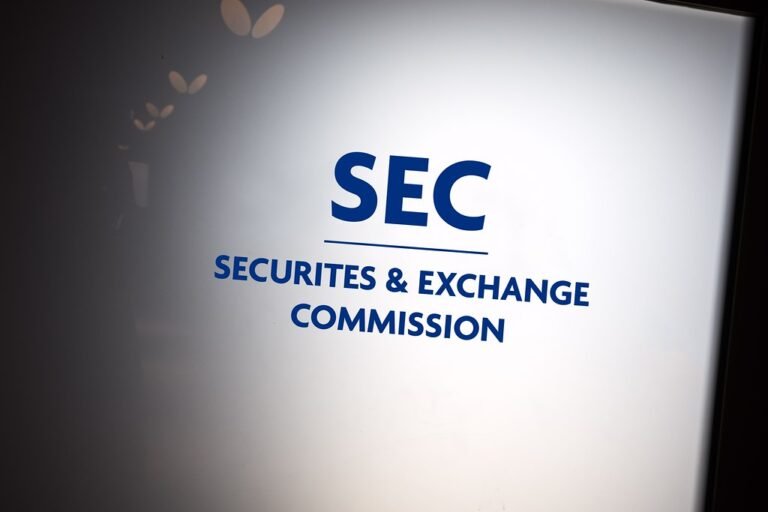
August 24, 2025 — The Federal Trade Commission (FTC) has initiated a lawsuit against a ticket broker network based in Maryland, accusing them of employing illegal tactics to bypass online ticket purchase restrictions, particularly during high-demand events like Taylor Swift’s Eras Tour. These practices not only violate consumer trust but also hinder fair market access for fans, who are often left paying inflated prices for tickets that should be available at face value.
According to the FTC, the operation, managed by Key Investment Group and its subsidiaries—including Epic Seats, TotalTickets.com LLC, and Totally Tix LLC—acquired hundreds of thousands of tickets through misleading methods, subsequently reselling them on secondary markets for substantial profits.
This legal action is part of a broader initiative by the FTC to regulate the secondary ticket market, ensuring that consumers are not subjected to unfair pricing tactics. By taking legal steps against these resellers, the FTC aims to restore confidence among fans and promote transparency in ticket sales, highlighting the importance of fair access to live events.
Ticket resale has become an increasingly controversial topic, especially as high-profile concerts and events frequently sell out within minutes. The FTC’s involvement underscores the agency’s commitment to combating unethical practices that exploit consumers. This case serves as an important reminder to fans to remain vigilant and informed about ticket purchasing options and practices.
At the forefront of this operation are CEO Yair D. Rozmaryn, CFO Elan N. Rozmaryn, and Chief Strategic Officer Taylor Kurth, who face allegations of breaching the FTC Act and the Better Online Ticket Sales (BOTS) Act, a federal statute that prohibits the use of technology to circumvent ticket purchasing limits.
“Today’s action puts brokers on notice,” said FTC Chairman Andrew N. Ferguson. “The Trump-Vance FTC will police operations that unlawfully circumvent ticket sellers’ purchase limits, ensuring that consumers have an opportunity to buy tickets at fair prices.”
A Sophisticated Scheme
The FTC’s investigation revealed that the defendants not only circumvented purchasing limits but also exploited technology to gain unfair advantages. This behavior raises significant ethical concerns in the ticketing industry, which has been under increasing scrutiny for its pricing strategies and accessibility issues.
FTC Action Against Ticket Resellers
According to the complaint, the defendants used a combination of high-tech tools and fake identities to outmaneuver Ticketmaster’s security systems, which are designed to limit purchases and deter bulk buying.
The alleged tactics included:
- Creating thousands of fake and third-party Ticketmaster accounts
- Using spoofed IP addresses to hide their identity
- Employing SIM boxes to receive phone-based verification codes
- Generating and using thousands of virtual and traditional credit cards
Between late 2022 and 2024, the operation is said to have acquired at least 379,776 tickets, spending nearly $57 million, and resold many of them for a total of around $64 million.
In one notably outrageous instance, the group reportedly utilized 49 different accounts to obtain 273 tickets for a single Taylor Swift Eras Tour concert, even though there was a stated limit of six tickets per buyer. Such actions not only frustrate genuine fans but also contribute to a market that prioritizes profit over fair access to entertainment.
Legal Action Under the BOTS Act
Enacted in 2016, the BOTS Act makes it illegal to bypass security or technical measures on ticketing platforms. The FTC claims that the resellers intentionally breached these regulations, creating unfair disadvantages for consumers attempting to buy tickets through legitimate means.
In conclusion, the FTC’s decisive action against ticket resellers represents a significant step towards ensuring fair access to tickets for fans. With a commitment to tackling unethical practices in the industry, consumers can hope for a more equitable ticket purchasing experience in the future.
The implications of the FTC’s actions could have lasting effects on the ticket resale industry. As more consumers become aware of these practices, there is potential for a shift in how tickets are bought and sold, pushing for more transparent and equitable practices across the board.
As the case progresses, it will be crucial for consumers to stay informed about their rights and the ongoing developments in ticketing regulations. The outcome of this lawsuit may set important precedents for how the industry operates in the future, potentially paving the way for fairer ticketing practices.



